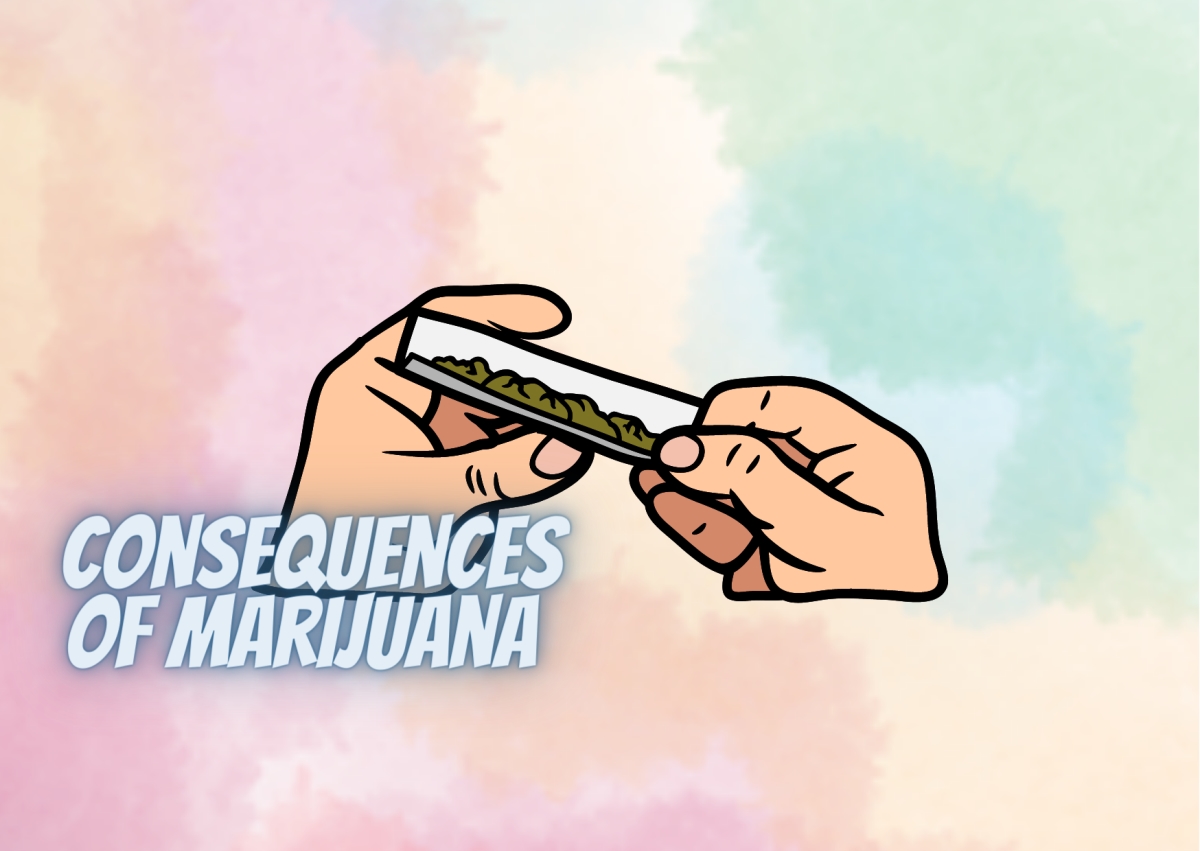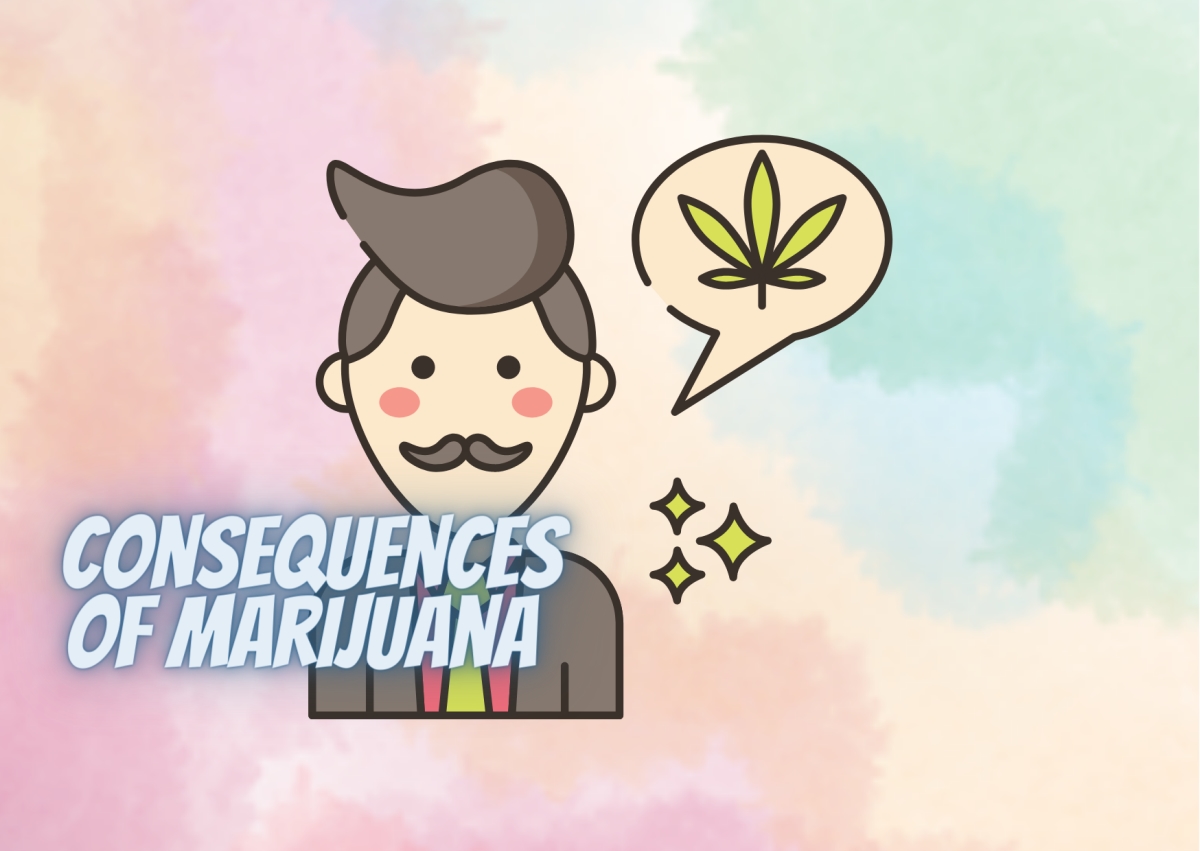Consequences Of Marijuana Usage Throughout Time.
What consequences does marijuana have over time? Throughout the last few generations, marijuana use and products have made significant progress in terms of acceptance. The common assumptions about it, however, have not changed. This includes the viewpoint that marijuana use has few or no risks. If you are wondering what are the long-term impacts of cannabis use, we have some answers.
Can Marijuana Cause Addiction?
One in ten cannabis smokers will develop an addiction, according to the Centers for Disease Control and Prevention (CDC). One in six people who start using before the age of 18 end up becoming addicted. As a result, it is the narcotic that is most frequently taken in the nation.
According to the National Institute on Drug Addiction, 3 out of 10 marijuana smokers experience a marijuana use disorder. With these numbers, youthful beginnings come into play once more. A marijuana use disorder is four to seven times more likely to develop in people who start consuming marijuana before the age of 18.
Marijuana addiction is comparable to drug addiction in other ways. The brain becomes dependent when used frequently and heavily. The active component in marijuana is tetrahydrocannabinol (THC). It imitates the endocannabinoids that the human brain naturally produces. THC starts to become the brain’s go-to substance for this. Like with all drugs, when withdrawal symptoms appear, a person frequently starts using it again to get rid of them.
Research conducted to answer the topic of what are the long-term effects of cannabis consumption sometimes spark controversy. When it comes to substances like heroin or cocaine, many people rely on a strict definition of addiction. What they could neglect to mention is the possibility of marijuana dependence in the absence of physical addiction. Many people nevertheless find it difficult or impossible to stop using marijuana, even under these situations. To help them stop using marijuana and recover from it, they need specialized treatment programs.
What Are Marijuana Use’s Short-Term Effects?
The effects of marijuana smoking can start to show within minutes and last for several hours. Frequent side effects include an increased urge for food, sometimes referred to as “the munchies,” as well as a faster heartbeat, dry lips, hot eyes, and memory and focus problems. Some people may experience anxiety, dread, and even hallucinations after using marijuana. Also, regular marijuana usage can lead to respiratory issues including bronchitis or lung infections.
In addition, marijuana’s effects on coordination and reaction time might raise the risk of mishaps or injuries, especially when someone is using heavy equipment or driving a car. It is important to note that marijuana’s potency and effects can vary greatly depending on the strain and the method of consumption.

